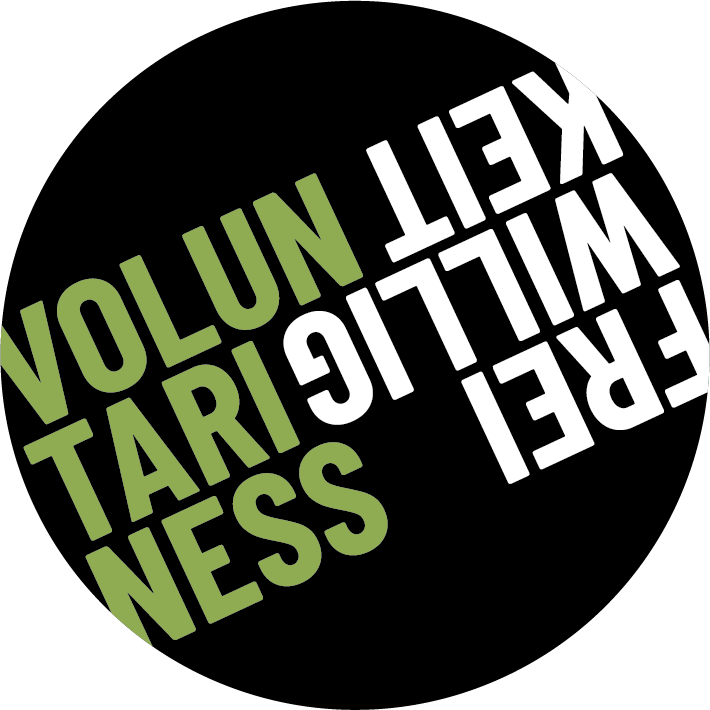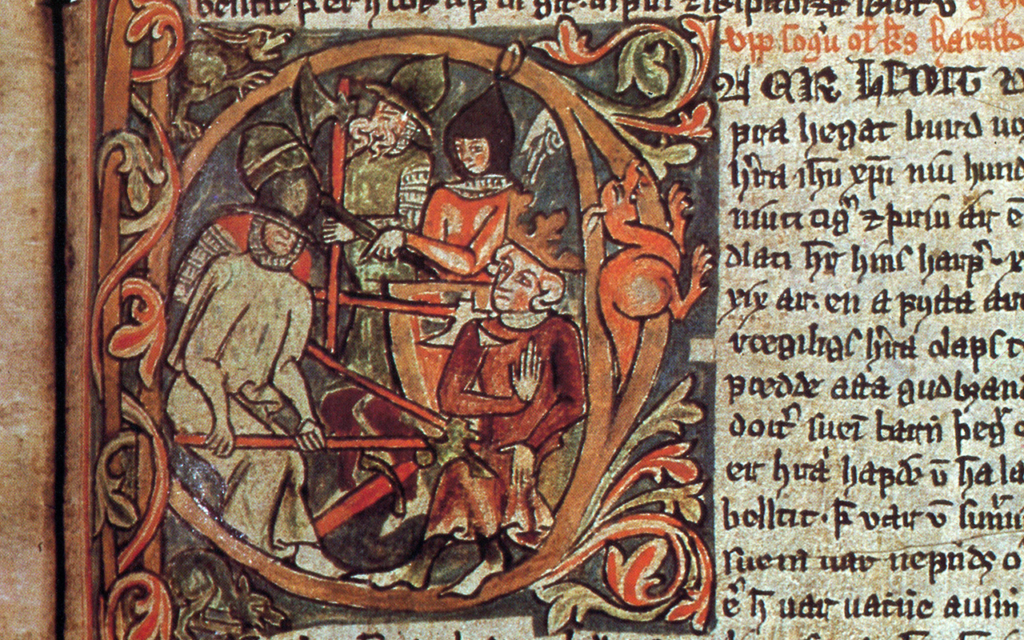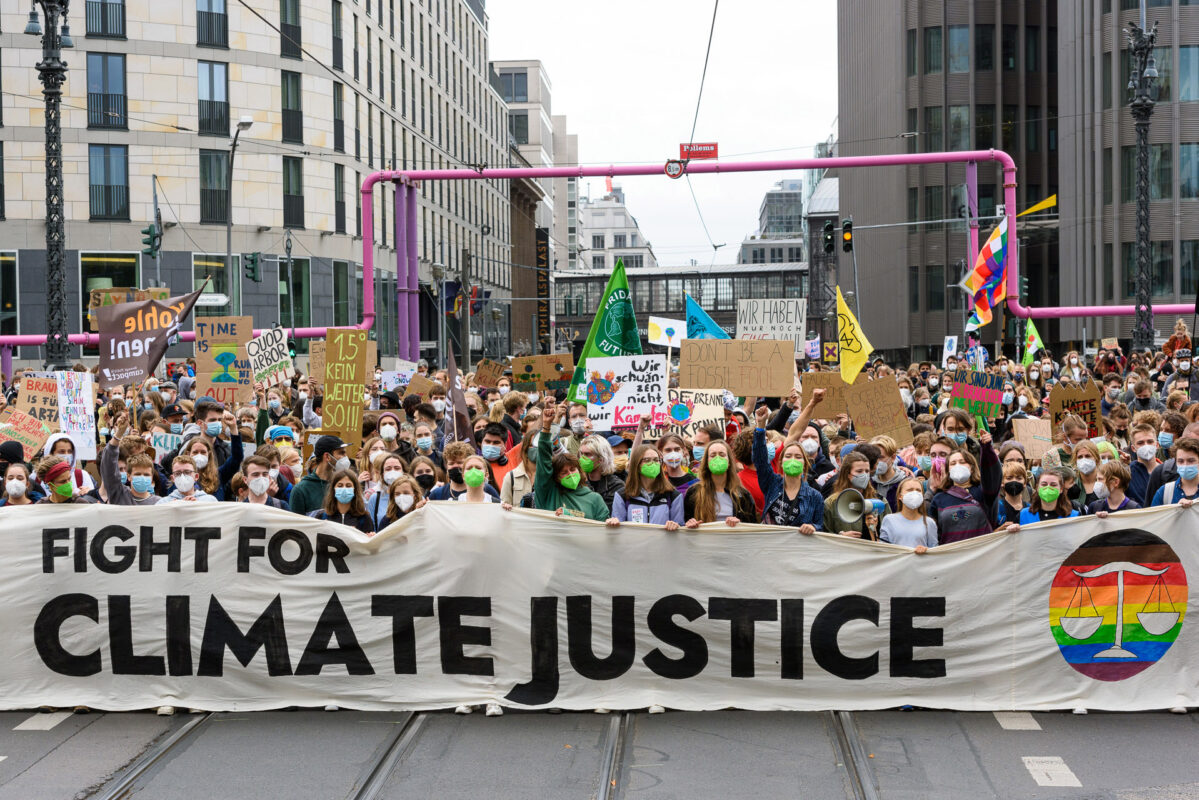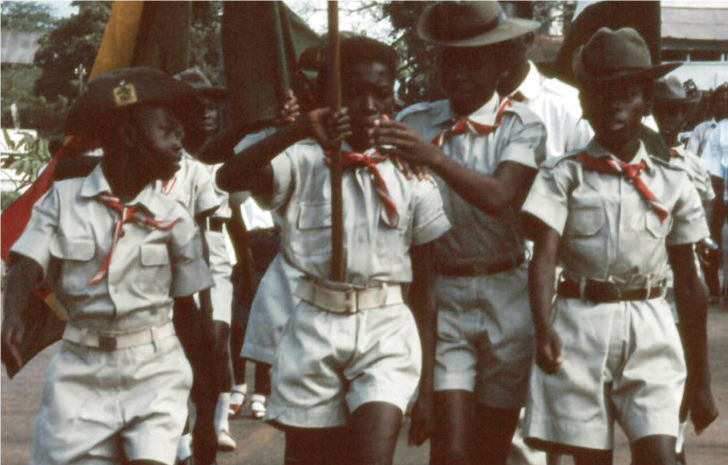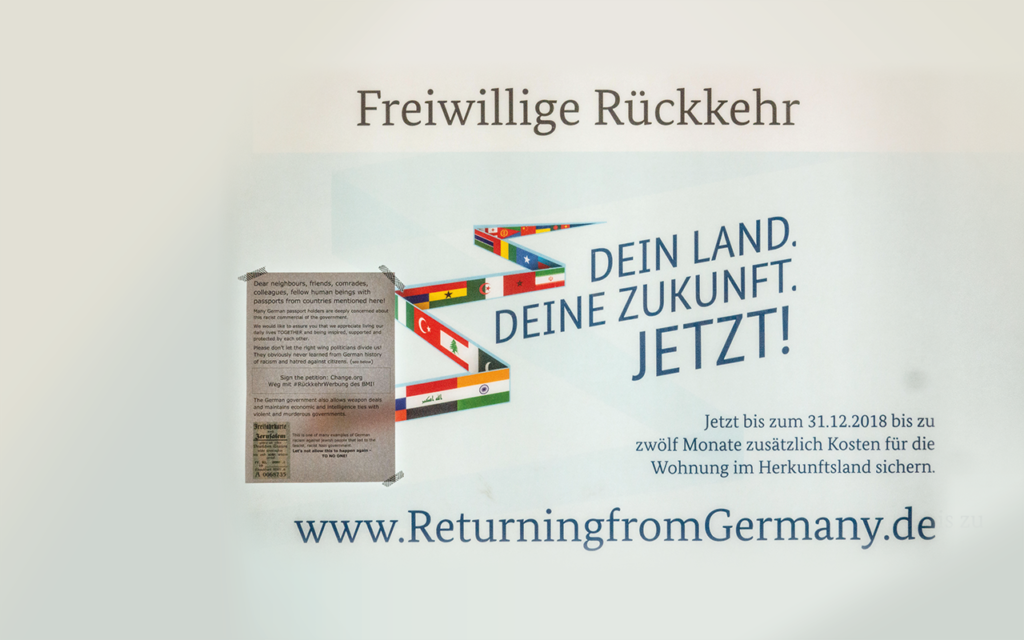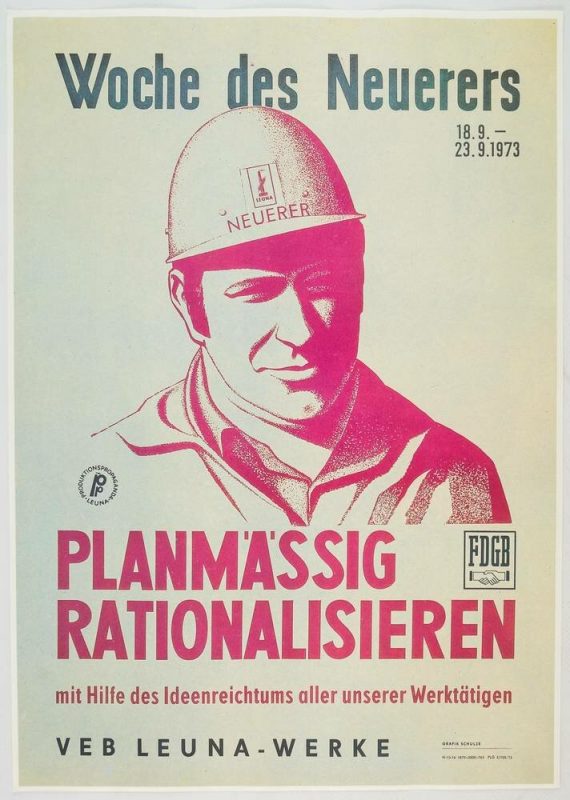The sub-project examines the meaning of voluntariness within the global history of the repatriation of Australian and US-American Indigenous Ancestral Remains, from the 1970s to the present. It analyzes how postcolonial power relations and voluntariness interact in repatriation contexts up until today. In addition, it shows that repatriation practices are attached to wide-ranging societal developments that have established the repatriation of Indigenous Ancestral Remains as a normative paradigm over the course of the past five decades.
The sub-project centers, first, on the conflicts between Indigenous activists, scientists, and museum representatives regarding repatriations of Indigenous Ancestral Remains in Australia and the United States in the 1970s and 1980s. Second, it investigates the differing implications of the return of Indigenous Ancestral Remains based on museum policies in Australia since the late 1980s and the legally mandated repatriation in the United States since 1990. Third, it discusses the conflicts over the repatriation of Australian and US-American Indigenous Ancestral Remains from British and German museums and collections from the early 1990s until today.
Analytically, the sub-project will focus on selected repatriation cases, which are approached from a micro- and macro-historical perspective. The research base consists of museum files, archival records of Indigenous rights organizations, oral history interviews, and newspaper reports.


